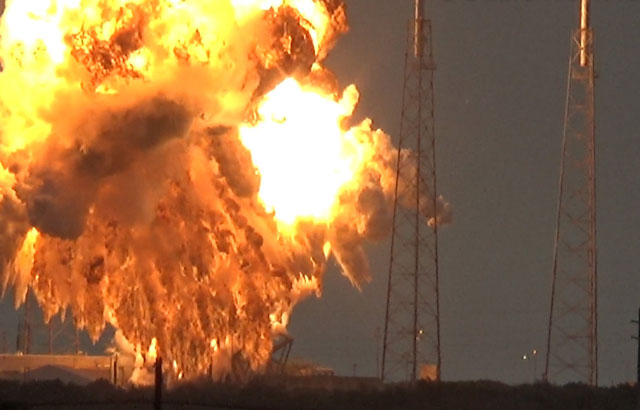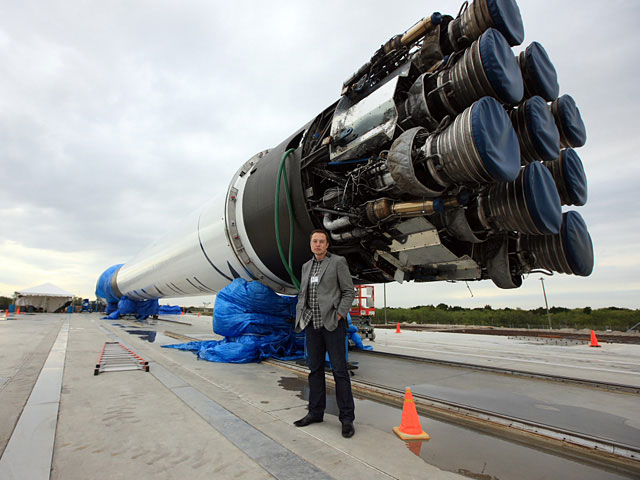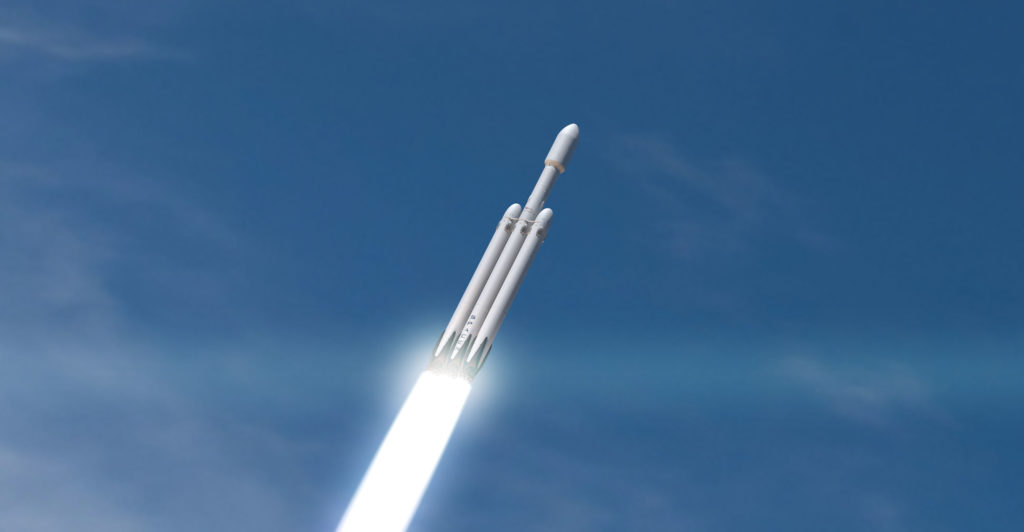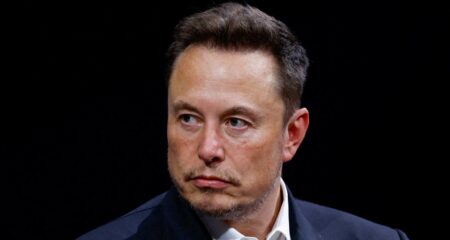
SpaceX’s billionaire founder Elon Musk called the Falcon 9 explosion its most perplexing failure in 14 years, deepening the mystery surrounding the loss of the satellite-bearing rocket on its launchpad last week.
US investigators are looking into why the Falcon 9 rocket, developed by Musk’s Space Exploration Technologies, blew up on 1 September before a scheduled test launch in Cape Canaveral, Florida. The explosion incinerated a satellite Facebook had planned to use to beam Internet access across parts of Africa, and set launches back across the world.
Musk, CEO SpaceX and Tesla Motors, wrote in a tweet on Friday that the rocket’s engines weren’t on at the time of the explosion. Musk also asked for any recordings of the event to be e-mailed to the Hawthorne, California-based rocket maker.
“Still working on the Falcon fireball investigation. Turning out to be the most difficult and complex failure we have ever had in 14 years,” Musk tweeted on his verified Twitter account. “Important to note that this happened during a routine filling operation. Engines were not on and there was no apparent heat source.”

The accident led to SpaceX’s second loss of a spacecraft in little more than a year, and occurred eight minutes before a scheduled test firing during a dress rehearsal. SpaceX, which was founded 14 years ago in 2002, said it began searching for the root cause of the accident immediately after the loss, reviewing about 3 000 channels of telemetry and video data covering 35 to 55 milliseconds. The Federal Aviation Administration, Nasa, the US Air Force and other industry experts are also involved in the probe.
“Particularly trying to understand the quieter bang sound a few seconds before the fireball goes off. May come from rocket or something else,” Musk tweeted. Asked on Twitter whether it was possible that a foreign object had struck the rocket, Musk replied: “We have not ruled that out.”
Data showed the “anomaly” started around the upper stage liquid oxygen tank, the company said. The blast was a reminder of the peril inherent in space flight, which relies on controlled explosions to power payloads into orbit. — (c) 2016 Bloomberg LP




